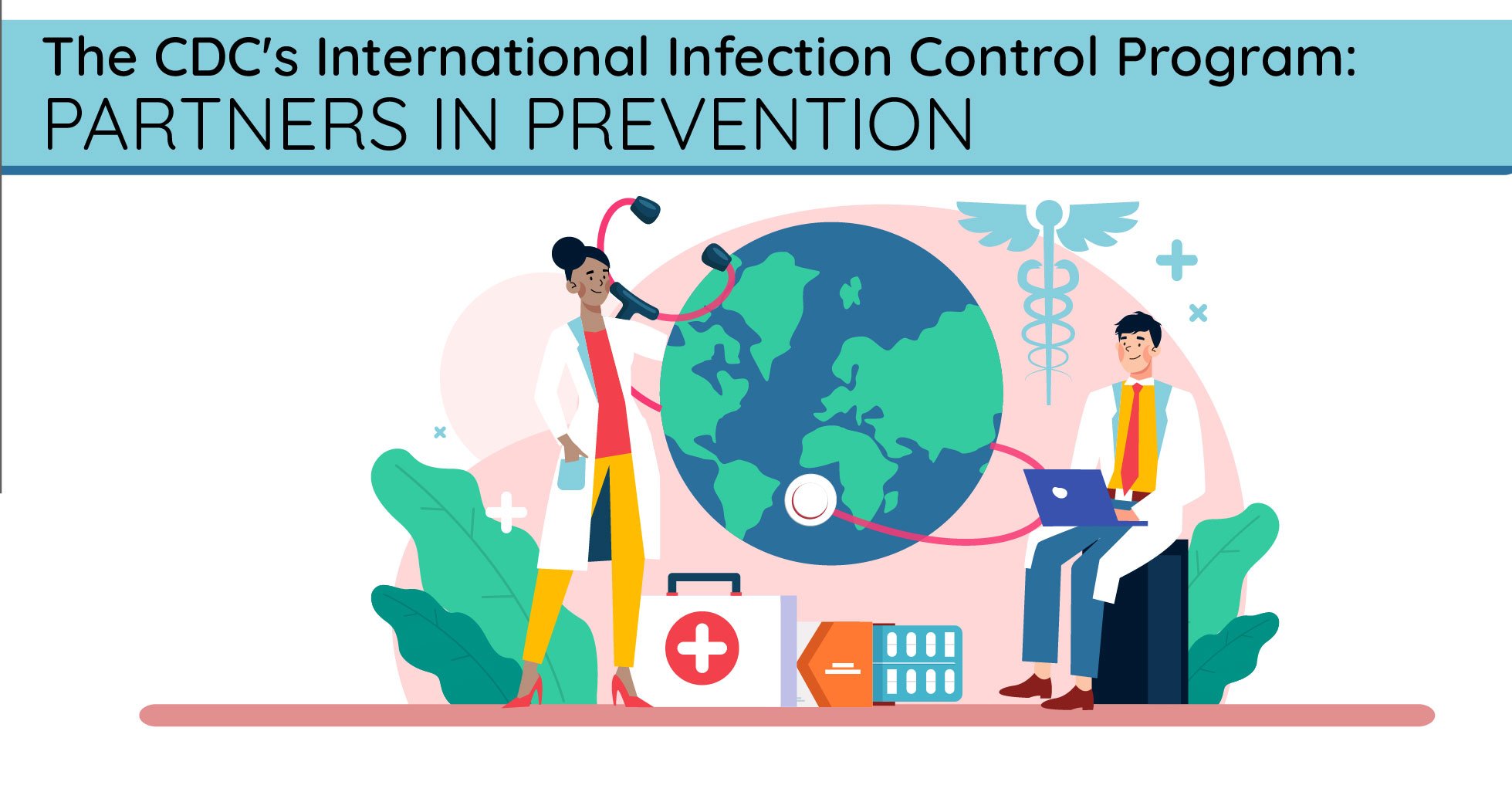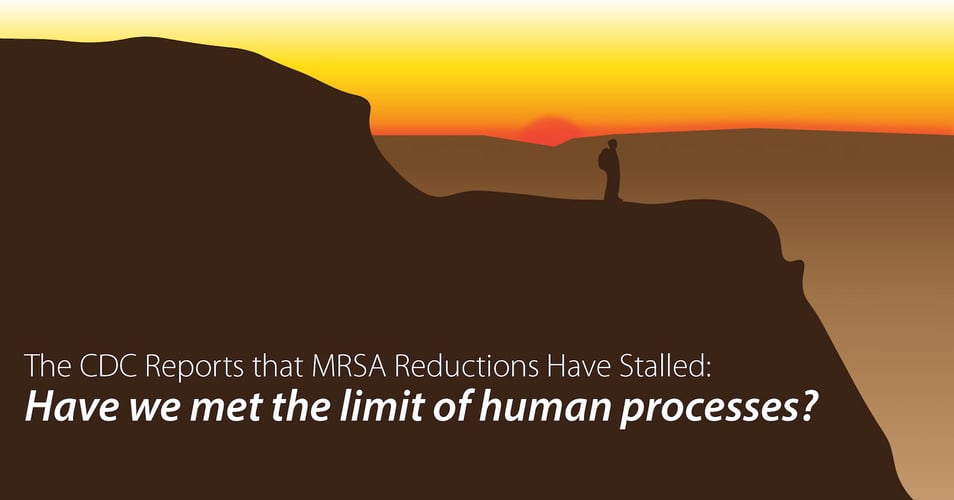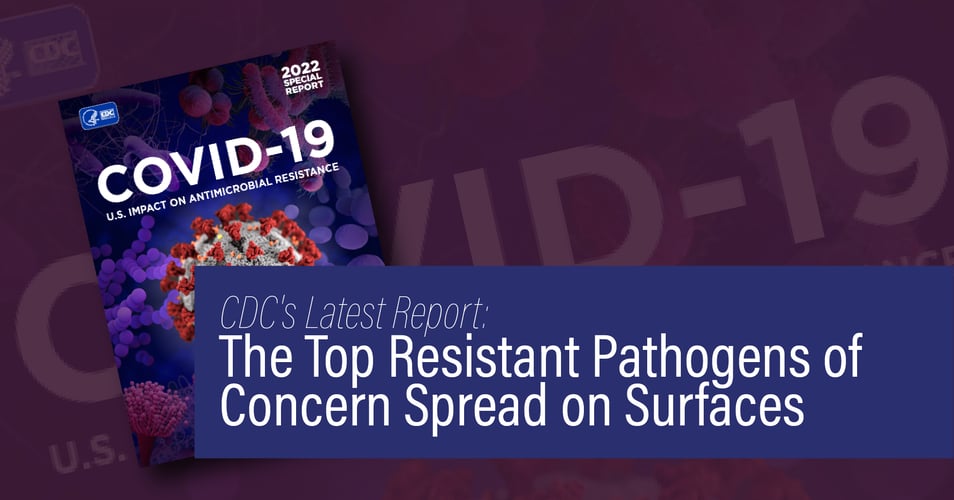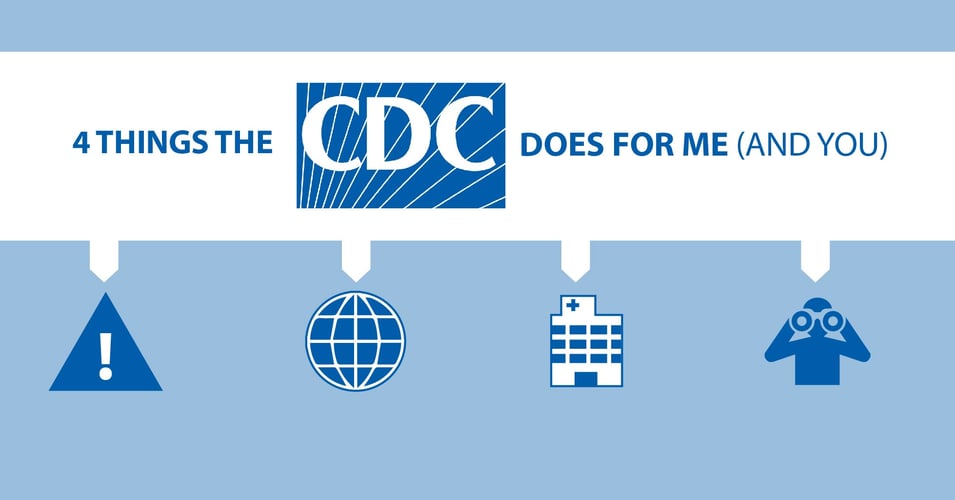The CDC's International Infection Control Program: Partners in Prevention

 Alongside its work in the United States, the Centers for Disease Control and Prevention (CDC) maintains an ongoing international presence, providing support and expertise across a variety of healthcare activities. By working with partners in typically low- and middle-income countries, the International Infection Control Program (IICP) focuses efforts on reducing healthcare-associated infections, antimicrobial resistance, and infectious disease outbreaks. In today's post, we will learn about this global program that helps keep all global citizens safe.
Alongside its work in the United States, the Centers for Disease Control and Prevention (CDC) maintains an ongoing international presence, providing support and expertise across a variety of healthcare activities. By working with partners in typically low- and middle-income countries, the International Infection Control Program (IICP) focuses efforts on reducing healthcare-associated infections, antimicrobial resistance, and infectious disease outbreaks. In today's post, we will learn about this global program that helps keep all global citizens safe.
The CDC is made of up of numerous divisions, including the Division of Healthcare Quality Promotion (DHQP). The mission of this division is "to protect patients; protect healthcare personnel; and promote safety, quality, and value in both national and international healthcare delivery systems." To this end, the DHQP has offices that focus on antibiotic resistance, transplant safety, training, immunizations, surveillance, and international infection prevention, the IICP.
![]() Infection prevention is "the cornerstone of a resilient healthcare system" as it protects the healthcare workers, the patients, and even the surrounding community from preventable infections (Global Safe Healthcare, CDC). In areas where the healthcare system is vulnerable to external pressures, including lack of resources, infection prevention and control implementation can be inconsistent. These healthcare systems can struggle with understaffed facilities, lack of oversight and accountability, patient overcrowding, lack of clean water and sanitation, and insufficient investment in long-lasting structure and programs.
Infection prevention is "the cornerstone of a resilient healthcare system" as it protects the healthcare workers, the patients, and even the surrounding community from preventable infections (Global Safe Healthcare, CDC). In areas where the healthcare system is vulnerable to external pressures, including lack of resources, infection prevention and control implementation can be inconsistent. These healthcare systems can struggle with understaffed facilities, lack of oversight and accountability, patient overcrowding, lack of clean water and sanitation, and insufficient investment in long-lasting structure and programs.
To this end, the IICP focuses on the following activities:
1. Help create national infection prevention and antibiotic resistance (AR) policies with partner countries. This includes developing tools unique to the needs of the region and even individual facility.
2. Help create national healthcare-associated infection (HAI) and AR surveillance programs, including collecting and reporting regional and facility data points and housing them in a central location that can, in turn, connect to the global community of surveillance efforts. This kind of data collection helps understand and predict the spread of dangerous outbreaks.
3. Support outbreak preparedness, including resource management, investigation, reporting, and community outreach. This kind of investment can help stop outbreaks before they can spread to unmanageable (and global) levels.
4. Support research activities that can lead to innovative solutions, including educational programs, surveillance tactics, pharmaceutical interventions, and more, all findings adding to the global knowledge base that can be applied in other resource-limited locations, and can in turn help form the most productive policies.
5. Facilitate healthcare worker and physical facility development. Training and mentorship opportunities help keep facilities staffed with experts, and assures a sustainable pipeline of future medical professionals. This training also supports healthcare worker safety. Helping build and maintain laboratories allows local researchers to collect high-quality data that allows them to make better regional decisions as well as contribute to global data collection.
Some might wonder why an American agency would be so concerned with healthcare in other countries, and why taxpayer money is spent all over the world to accomplish the efforts listed in this post. It is helpful for us all to remember that we do not live in a bubble, regardless of political borders. Neither pathogens nor antibiotic resistance know political boundaries. On the most practical level, without even bringing in the humanitarian benefits of this work, the IICP helps keep Americans safe by helping stop outbreaks before they reach our borders. The various programs elevate the quality of healthcare so that outbreaks can be handled locally, without the need for massive international help that could result in even higher costs. Essentially, moderate global investment now protects us from the costs of responding to a crisis-in-progress, where costs in dollars and lives can escalate alarmingly fast. The IICP is a program that both humanitarians and pragmatists can appreciate.
![EOScu Logo - Dark - Outlined [07182023]-01](https://blog.eoscu.com/hubfs/Eoscu_June2024/Images/EOScu%20Logo%20-%20Dark%20-%20Outlined%20%5B07182023%5D-01.svg)




